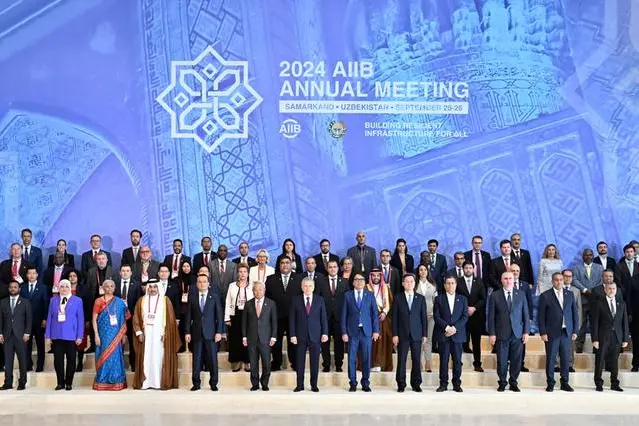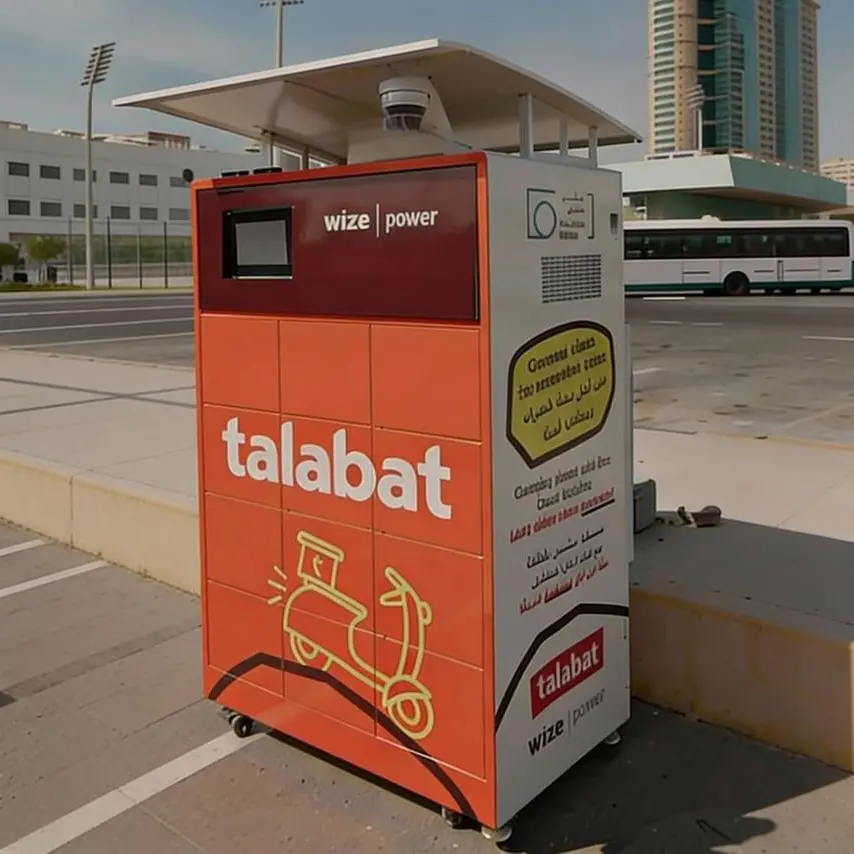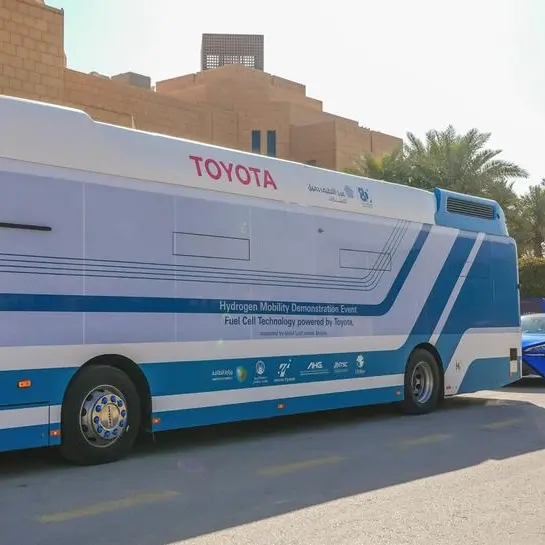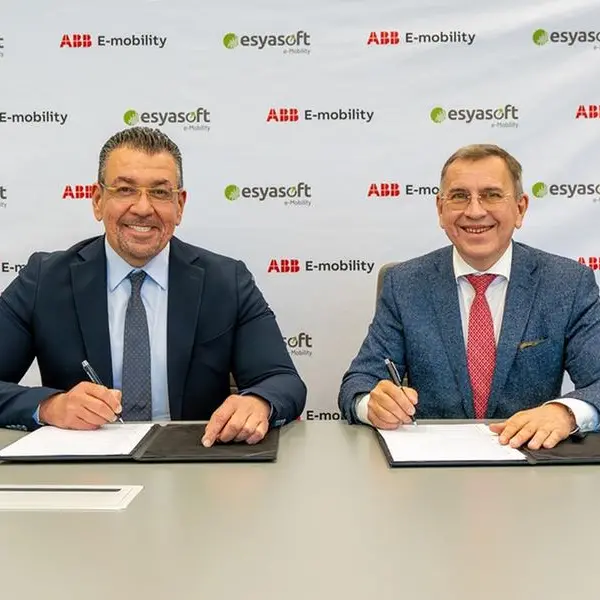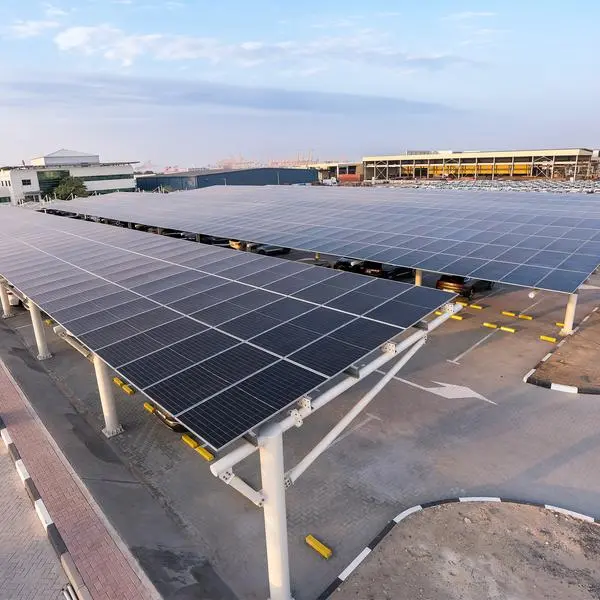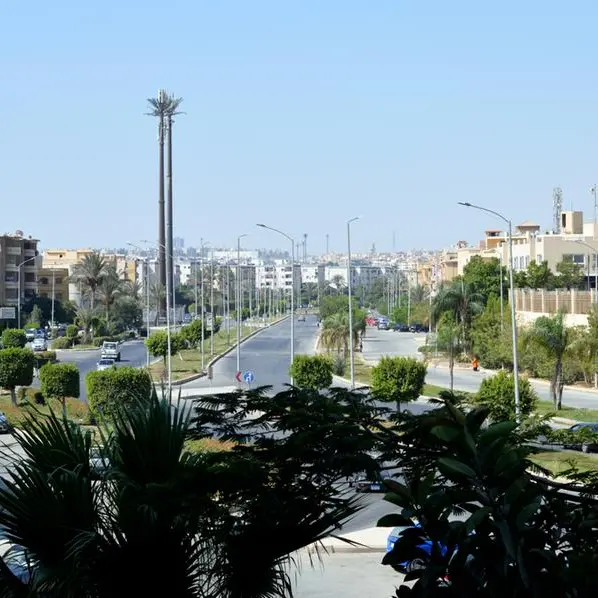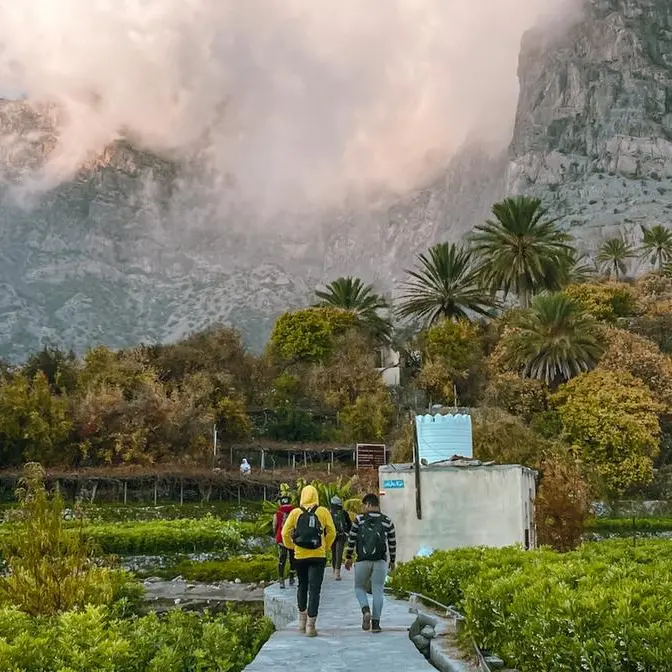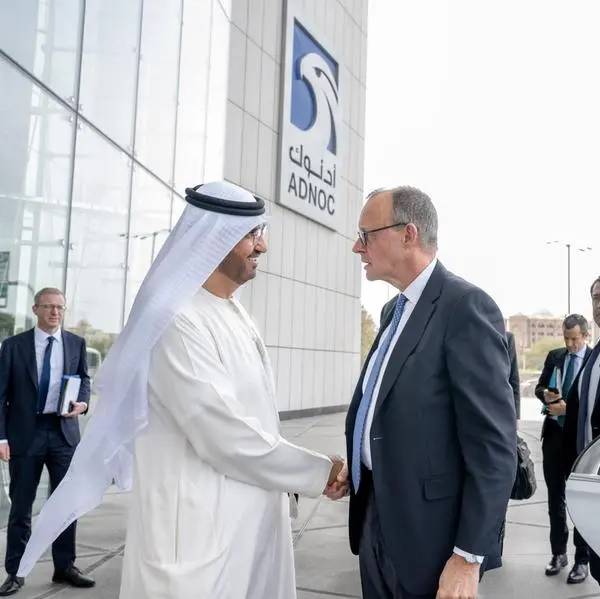PHOTO
SAMARKAND, Uzbekistan - The UAE participated in the annual meeting of the Board of Governors of the Asian Infrastructure Investment Bank (AIIB), held in Samarkand, Uzbekistan.
The country was represented by Mohamed Saif Al Suwaidi, Director-General of Abu Dhabi Development Fund for Development (ADFD) and the UAE’s Alternate Governor at the Board of Governors of AIIB.
The meeting reviewed the previous year's achievements and discussed strategic initiatives for the future.
It emphasised the importance of strengthening collaborative efforts to address the challenges associated with climate change through stronger collaboration, the mobilisation of accessible and affordable finance in key sectors, and scaling up investments in sustainable and technology-enabled infrastructure projects such as renewable energy, water, and transport.
Dr. Sultan Al Jaber, Minister of Industry and Advanced Technology and UAE Governor of AIIB, said that the bank has firmly established itself as a leading multilateral development bank, backed by a strong portfolio in sustainable development.
He added, “The world is increasingly being shaped by the emergence of new growth economies, the acceleration of the energy transition and the rapid rise of AI. Our goal is to maximise our impact on global development and create an environment that drives investment into infrastructure that can underpin sustainable and inclusive growth, particularly renewable energy and advanced technology.”
Dr. Al Jaber highlighted the need to expand and accelerate private capital mobilisation, especially as AIIB aims to lead more transactions and strengthen its market position.
“AIIB’s commitment, leadership and investments towards developing cutting-edge, green and resilient infrastructure is critical to the next decade of progress and prosperity. The faster we deploy these investments, particularly in emerging economies, the faster their benefits can be scaled,” he added.
For his part, Al Suwaidi said, “The urgency of climate action demands that we prioritise climate-resilient infrastructure while unlocking the potential of private capital to drive large-scale impact. Our strength lies in collaboration – by joining forces with multilateral institutions, national agencies, and the private sector, we can accelerate transformative solutions that drive economic growth and environmental resilience.”
He explained that AIIB had already taken significant steps to enhance its support for member needs. For example, after the Capital Adequacy Framework (CAF) review, the bank issued a US$1 billion guarantee for IBRD loans, boosting lending capacity.
It has also championed policy harmonisation among multilateral development banks (MDBs) to streamline processes and reduce client burdens, not to mention that the bank is the largest co-financing partner of the World Bank and Asian Development Bank.
Nevertheless, keeping evolving global challenges in perspective, “scaling up efforts towards mobilising private capital remains critical, and AIIB should focus on developing financing mechanisms to attract large-scale private investment and mitigate risks,” he added.
The AIIB meeting was held amid a projection of global economic growth at 3.3% in 2025 – only slightly above the 3.2% growth in 2023 and 2024 – significantly below the pre-pandemic growth level. Similar or lower growth rates are anticipated in the medium term, falling short of the requirements necessary to meet critical development and climate goals.
Given the challenging economic outlook, AIIB aims to prioritise and enhance infrastructure investments, which are essential for driving long-term sustainable growth.
The UAE became a founding member of the Asian Infrastructure Investment Bank (AIIB) in April 2015, contributing approximately US$1.185 billion to its capital. AIIB is a multilateral development bank focused on improving social and economic conditions in Asia by providing infrastructure financing. Since its inception, the bank has grown to 106 members and funded 232 projects, with a total value of US$44.41 billion.
